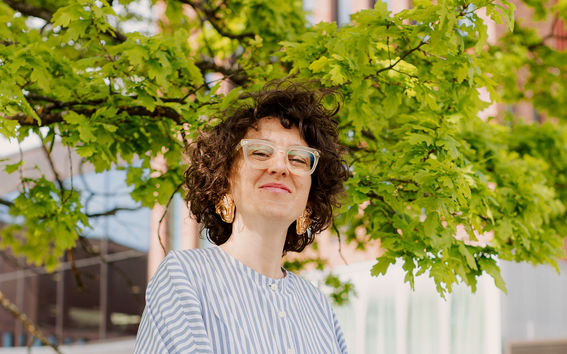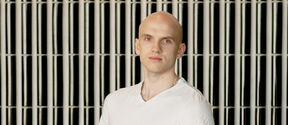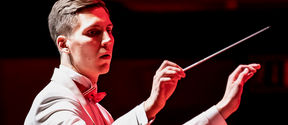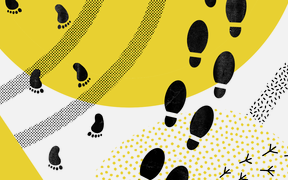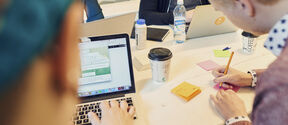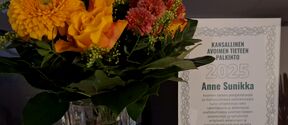Is there something we can learn from mental health and co-design as a community?
Codesign and participatory design are basically bottom-up ways to create anything: products and services, even welcoming new students here at Aalto. For instance, a lot of people do struggle in the winter, if they are new and the cultural shock is deep. They can feel isolated. I would be for example using those methodologies to include people that have that experience in designing better services, or ways in which that could be an easier experience.
The process itself has a mental health impact and some form of healing and empowering effect. In the context of Aalto, I would perhaps try to explore a new form of therapy or healing. Can we help people stay mentally healthy through creativity or co-design?
And if you ask the people who are suffering, what is the cause of the problem, you will have a unique understanding of not only the problems but also the wider set of characteristics. You can create a systemic change if you involve people as experts by experience.
When do you feel ease at work?
I feel flow when I do field work, like go and observe someone. That’s the most engaging part.
In general, if someone is sharing an experience, often people are trying to make it better and make the bad thing go away. That creates a bit of a disconnection. Walking in that person’s shoes means acknowledging that person, being present and trying to understand their experience. You don’t have to do anything. Many people want to solve problems, and this problem-solving mindset is preventing us from walking in other people’s shoes. That only makes the person feel alone.
I do enjoy having the space and the time to understand one another. Presence creates connection. You just stay connected to someone else and try to understand what they are going through.
And when do you feel uncomfortable in your life?
I feel uncomfortable when other people are silenced. Imagine there are three people and I’m one of them. One person starts saying something and the other one interrupts. A lot of the art of doing co-design or facilitation is navigating or disrupting those power dynamics basically. In my research, we are facilitating processes where everyone has their voice and power, and no one is taking over. This is important, especially if you have groups of people where there is already hierarchy. We are trying to disrupt and change that and make the situation more equal.









